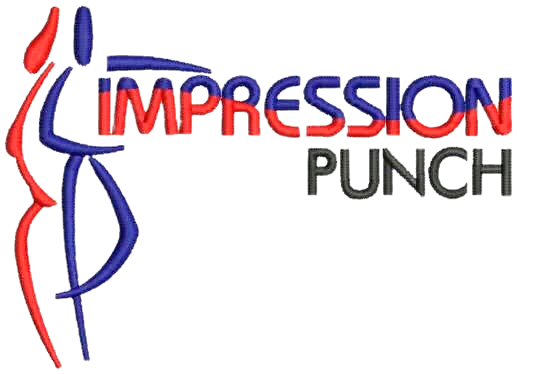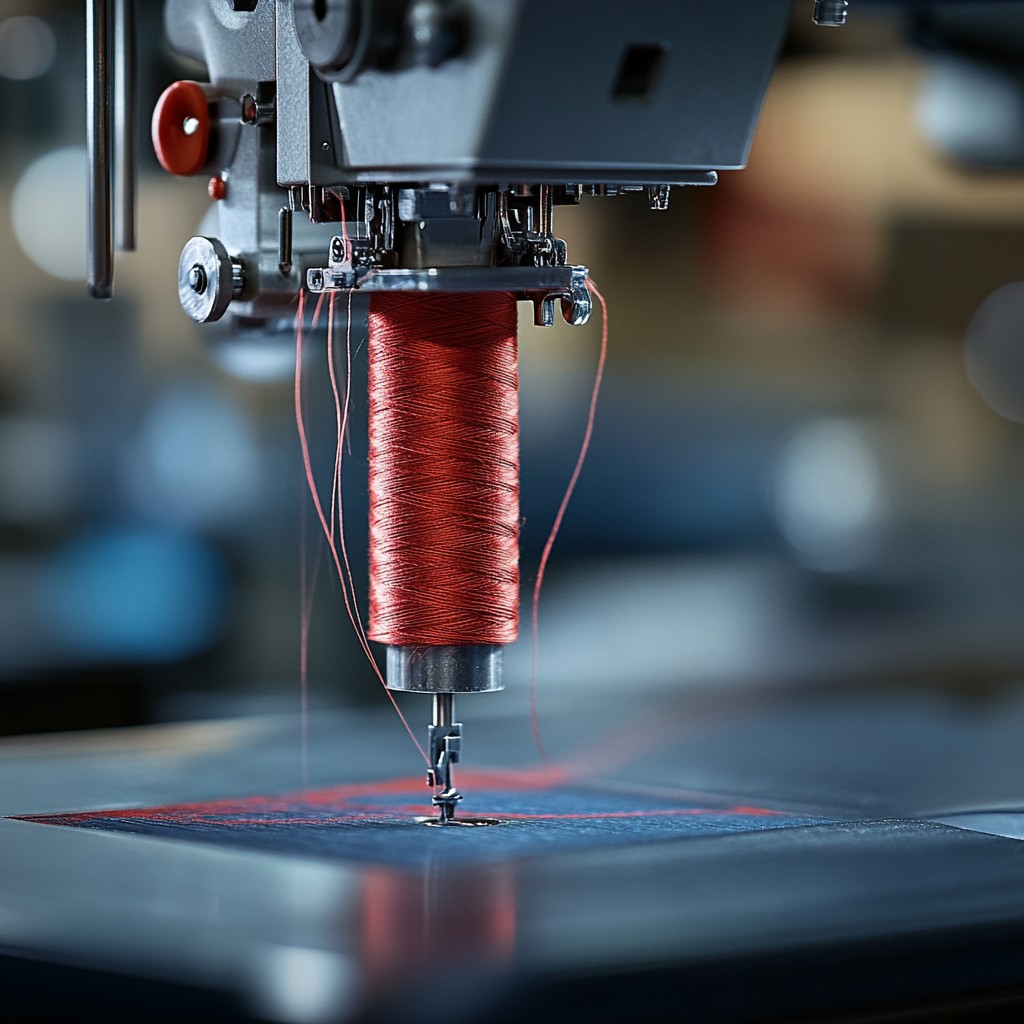Embroidery has evolved from a handcraft tradition into a sophisticated art form, thanks to advancements in embroidery machines. Whether you’re a hobbyist or a professional embroiderer, understanding the different types of Stiching machines can help you choose the right one for your needs. In this blog, we’ll explore the various types of embroidery stich machines available today, their features, and their ideal applications.
1. Single-Needle Machines
Single-needle threading machines are the most common type, especially for beginners and home use. These machines resemble traditional sewing machines but are equipped with an embroidery arm. The key feature of a single-needle machine is that it uses one needle for embroidery, meaning that the machine needs to be stopped to change threads when switching colors.
- Best For: Hobbyists, home-based businesses, and small projects.
- Pros: Affordable, easy to use, versatile (can also be used for regular sewing).
- Cons: Slower due to manual thread changes.
2. Multi-Needle Machines
Multi-needle machines come with multiple needles (usually 4, 6, 10, or more), allowing them to handle multiple thread colors simultaneously. These machines are ideal for more complex and detailed embroidery projects, as they eliminate the need to manually change threads.
- Best For: Small to medium-sized businesses, professional embroiderers.
- Pros: Faster production, handles complex designs, professional finish.
- Cons: More expensive, steeper learning curve.
3. Computerized Embroidery Machines
Computerized machines are the epitome of modern embroidery technology. These machines connect to a computer or have a built-in screen where users can upload or create designs digitally. The machine then automatically embroiders the design onto the fabric.
- Best For: Professional embroiderers, custom design businesses, large-scale production.
- Pros: Precision and consistency, handles complex designs, large memory for designs.
- Cons: High cost, requires some technical knowledge.
4. Commercial Embroidery Machines
Commercial machines being used for embroidery are designed for industrial use and can handle high volumes of work. They are often multi-head machines, meaning they can embroider several pieces simultaneously, making them ideal for mass production.
- Best For: Large-scale production, factories, custom apparel businesses.
- Pros: High efficiency, handles bulk orders, robust and durable.
- Cons: Extremely expensive, requires significant space and maintenance.
5. Combination Machines
Combination machines are dual-function machines that can perform both sewing and embroidery tasks. These machines are perfect for those who want the flexibility of sewing and embroidery in one machine.
- Best For: Hobbyists, home-based businesses, crafters.
- Pros: Versatile, space-saving, cost-effective for dual functionality.
- Cons: May not be as advanced in embroidery features as dedicated machines.
6. Free-Motion Machines
Free-motion machines offer the most control to the user, allowing them to guide the fabric freely while the machine stitches. This type of machine is ideal for creative and artistic embroidery projects where the design is not pre-programmed but rather created by hand.
- Best For: Artists, advanced hobbyists, custom design work.
- Pros: Unlimited creative control, perfect for unique designs.
- Cons: Requires skill and practice, slower production.
7. Machines for Quilting
Specialized Stiching machines for quilting combine the art of quilting with embroidery. These machines come with large hoops and advanced features that allow for the quilting of intricate designs onto fabric.
- Best For: Quilters, fabric artists, crafters.
- Pros: Specially designed for quilting, large working area.
- Cons: Limited to quilting and large projects.
Conclusion
Choosing the right embroidery machine depends on your needs, skill level, and the type of projects you plan to undertake. Single-needle and combination machines are excellent for beginners and hobbyists, while multi-needle and computerized machines cater to professional and commercial needs. Understanding these different types of embroidery machines will help you make an informed decision, ensuring that your embroidery journey is both productive and enjoyable.
Invest in the right machine, and you’ll find that the possibilities for creativity and business growth in the world of embroidery are endless
Here we can find some futher details on types of machines using in embroidery business. Also we can check some results of Embroidery Digitizing.



Leave a Reply